FIELDS MATTER
Magnetic Field-assisted Chemical Vapor Deposition of Transition Metal Oxides and in situ Investigations on Electronic Structure by X-ray Absorption Spectroscopy (MagSpec)
Functional properties of materials rely on both intrinsic materials characteristics and extrinsic factors applied during synthesis and processing. Among multicomponent systems, the performance depends not only on the properties of the constituent phases but also on the microstructure. In this context, chemical synthesis of materials offers, besides the choice of starting materials (precursors), a number of experimental parameters such as temperature, time and pressure that predominantly govern the synthesis pathways and final outcome. Control over composition, crystal size, surface morphology and phase purity is challenging in nanostructured materials due to the lack of operando methods and possibility of modulating the growth process through external stimuli. Use of electromagnetic fields during materials synthesis represents a new direction to fabricate self-assembled periodic microstructures. In addition, external electrical and magnetic fields unravel new dimensions in controlling reaction pathways and enable the formation of composition and microstructure, which are otherwise not easily accessible.
In particular, creation of periodically modulated structures (composition and topography) at the nanoscale through control of spontaneous processes involved during thin film growth are of particular interest and represents the concept underlying this interdisciplinary proposal integrating (i) magnetic field-assisted chemical vapor deposition (University of Cologne) and (ii) in-situ investigations on nucleation and crystallization processes defining thin film growth under both field-enhanced and zero-field conditions (PGI-6, Research Centre Jülich).
Contact Person
-

Prof. Dr. Sanjay Mathur 430 322b
- Phone
- +49 221 470-4107
-
sanjay.mathur
uni-koeln.de
-

Ziyaad Aytuna 420 322b
- Phone
- +49 221 470 3099
-
z.aytuna
uni-koeln.de
